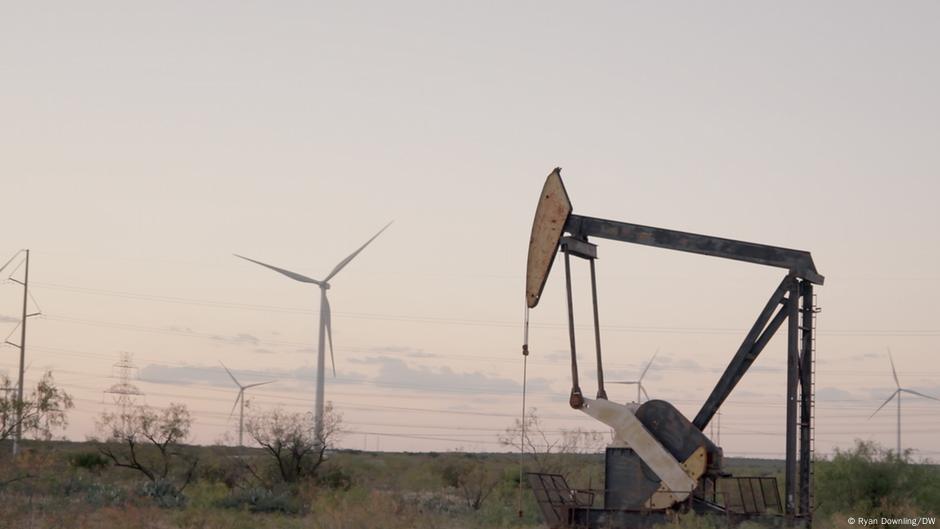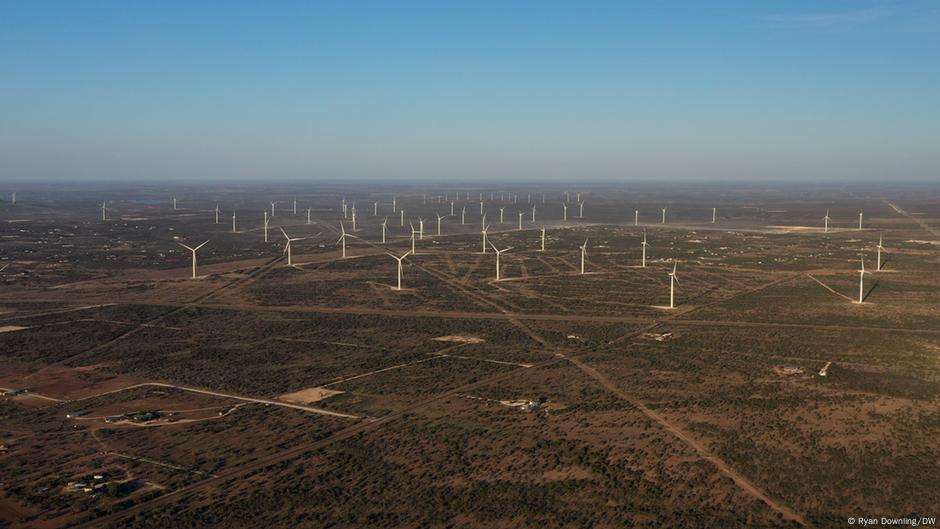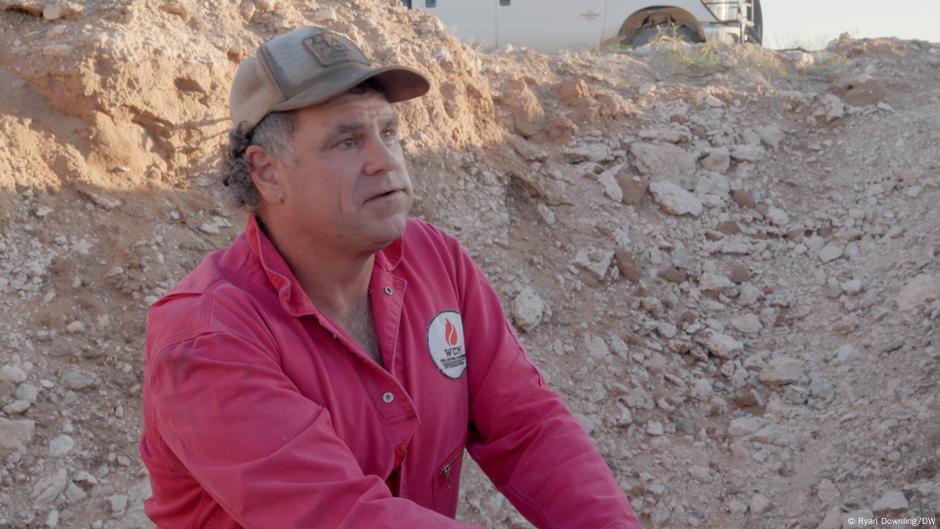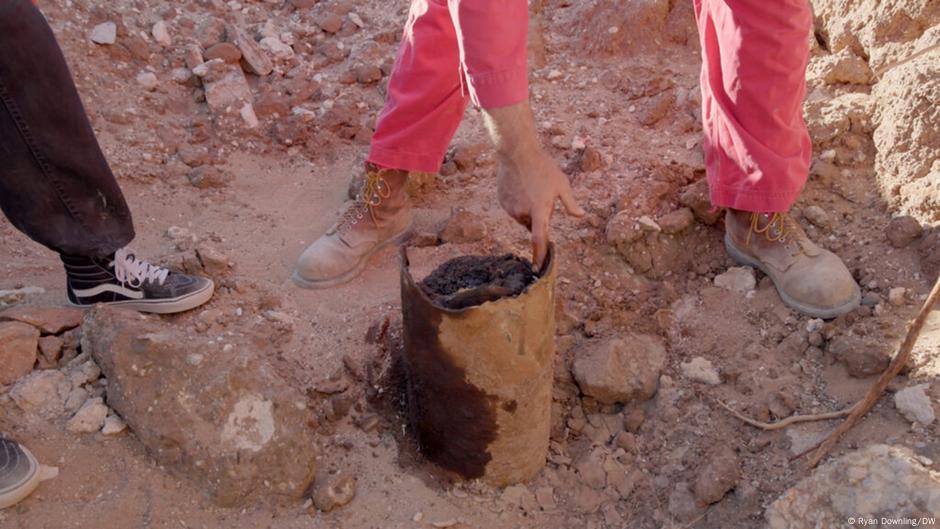The oil sector claims that increasing production will lead to reduced costs for taxpayers, achieve energy self-sufficiency, and create quality employment opportunities for Americans. But is this assertion accurate?

Traveling across the expansive, arid plains of West Texas reveals an area dominated by the oil sector. This region’s scenery is marked by pumping units that steadily bob up and down, extracting crude oil—the backbone of the local economy—from far below the earth’s surface.
Every recently US administration has urged for increased drilling throughout the nation , claiming that increased production leads to cheaper gasoline prices, numerous high-quality job opportunities, and enhanced national energy independence. As a result, Texas has ramped up drilling activities.
Nearly half of the oil extracted in the United States, the global leader in producing this fossil fuel, originates from the Southern state. During just one month, August 2024, Texas produced approximately five million barrels daily. meeting almost 5% of global demand .
Where have all the job opportunities gone?
Among the commitments associated with oil drilling, none may be more emotionally resonant than job creation. This sector frequently gets depicted as lifeline for hardworking Americans , promising generous salaries and a route to prosperity. This is what drove junior field engineer Hollis Eubanks to begin his career in the oil industry.
"He mentioned that the major attraction was the money. The amount of money involved is significant. There are people without a high school diploma who earn six-figure salaries each year," he explained.
Eubanks resides in Mississippi, which is located across the country, but he occasionally makes the 11-hour journey to Midland, West Texas. He remains there for several weeks to determine if his services will be required. The drilling rig is either stuck or needs maintenance for the well. .
Over time, you grow accustomed to earning that income, and it becomes incredibly difficult to walk away from it. Returning to an ordinary lifestyle can be tough because once this pursuit takes hold of you, it tends to become quite addicting.

Despite his extensive experience spanning almost ten years in the sector, he has witnessed firsthand how unpredictable this line of work can be. Large-scale job cuts frequently occur due to either an oversupply of resources or economic slumps, which are not uncommon occurrences. Furthermore, advancements in technology enable firms to sustain their output levels even as they reduce staff numbers. Additionally, during Texas' sweltering summer months, temperatures routinely soar above 40 degrees Celsius (104 degrees Fahrenheit). Conversely, in regions such as North Dakota, petroleum laborers face harsh winter conditions including subzero temperatures and severe storms.
"These individuals endure every kind of weather—rain, sleet, scorching heat, bitter cold," explained Eubanks. "It involves significant sacrifices."
The combination of these challenging working environments along with extended periods spent away from family contributes significantly towards pushing some professionals out of the field. Despite assurances regarding abundant career opportunities within the industry, current statistics show that employment rates in oil and natural gas sectors remain lower compared to those recorded in recent decades. According to Eubanks, he observes greater movement among seasoned employees opting to depart rather than continue pursuing careers here.
"Many folks end up returning home and taking on available positions elsewhere," stated Eubanks. "Several acquaintances whom I am aware of have transitioned into crane operation roles focused on constructing wind farms or installing solar panels instead."
Eubanks is contemplating making a switch as well. With Texas currently leading the nation in generating renewable energy, this industry provides numerous job openings. Indeed, across the United States, roles within the renewable energy field are expanding at double the rate of both the broader energy sector and the national economy overall.

More drilling for energy self-sufficiency
A further politically charged assertion from the oil sector suggests that enhanced drilling activities within the United States will free the country from dependency on overseas oil suppliers. However, this situation is far more complex than it appears. This complexity extends to the nature of oil itself, which varies between lighter and heavier crude varieties.
Before the fracking boom, the US used to produce the heavy stuff, which its refineries were designed to process. But since the advent of widespread fracking, the US has been churning out light crude. This mismatch means America often sells its fracked oil overseas and imports other types of oil for domestic use.
A majority of U.S. crude oil exports head to destinations like China and Europe, whereas most imported oil comes primarily from Canada. Hence, even with a rise in domestic output lessening reliance on overseas petroleum to some degree, the United States won’t be capable of completely cutting off all import needs.
How does the lowered cost guarantee stand?
At first glance, it seems logical that a higher supply would lead to reduced expenses; however, in reality, The oil market does not function in that manner. .
"As you increase exports, domestic prices also become more aligned with international rates," explained Baird Langenbrunner from Global Energy Monitor.
Since there isn’t significant demand for change and oil continues to be highly sought after by other nations, the price of U.S. energy remains relatively stable as well.
Oil corporations similarly lack significant motivation. To inundate the market with inexpensive oil because increased pricing correlates with elevated earnings. Consequently, for typical American citizens, this implies that despite heightened production levels, Savings at the gas station usually end up being quite small at most. .
Hidden costs for taxpayers
For ordinary residents, there are additional concealed expenses associated with abandoned or inadequately capped wells. After a firm completes drilling at a specific location, the well must be properly sealed to avoid contamination. methane -- a powerful greenhouse gas —to prevent leaks into the atmosphere and harmful substances from polluting groundwater.

However, this isn't always the case. Located about an hour from Midland, oil well control specialist Hawk Dunlap and oil and gas attorney Sarah Stonger reside on a ranch away from the hustle. The The oil industry has made its mark. Two years ago, they began excavating abandoned wells.
The initial seven pipes we uncovered were seeping. As he explains, Dunlap indicates a truncated pipe oozing raw crude oil. He continues, stating that since their discovery, they have found around 100 such pipes on this property, with approximately 95% showing signs of leakage.
Certain abandoned wells have been discovered to release as much methane as 4,000 vehicles In just one year. According to Stronger, the sole method to halt this is to "abandon" an inactive well properly. "Cover it up, and you foot the bill for the burial."

However, she states that this is not occurring. According to official records, Texas has documented 8,375 unplugged wells, along with an additional estimated 783,000 inactive ones statewide. Studies indicate that the total number of abandoned wells throughout the nation might reach up to 2.6 million, with the price tag for sealing all these wells potentially reaching $280 billion.
That doesn’t include undocumented and poorly maintained wells, similar to those found at the location where Dunlap and Stronger reside. Although there are certain state and federal remediation initiatives, they have managed to secure less than 1% of these programs’ funds. According to Stronger, this lack of resources significantly hampers efforts. weight on the wrong shoulders .
She stated, 'We are funding the cleanup.' The funds collected from industry taxes are subsequently redirected to address and clean up the pollution they caused.
Edited by: Tamsin Walker
Author: Amanda Coulson-Drasner
